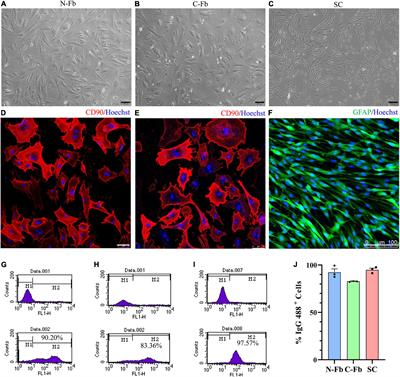EDITORIAL
Published on 13 May 2024
Editorial: Molecular and cellular bases of peripheral neuropathies
doi 10.3389/fnmol.2024.1423363
- 403 views
7,823
Total downloads
31k
Total views and downloads
Select the journal/section where you want your idea to be submitted:
EDITORIAL
Published on 13 May 2024
REVIEW
Published on 10 Apr 2024
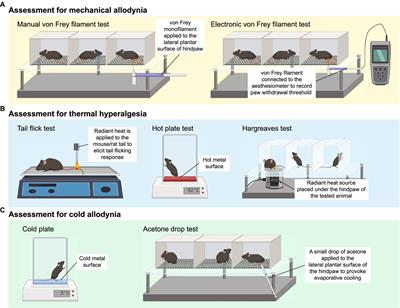
ORIGINAL RESEARCH
Published on 20 Nov 2023
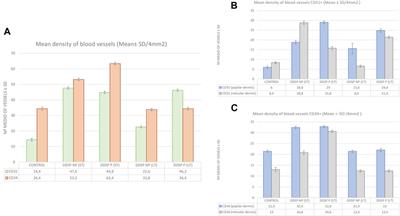
MINI REVIEW
Published on 20 Sep 2023
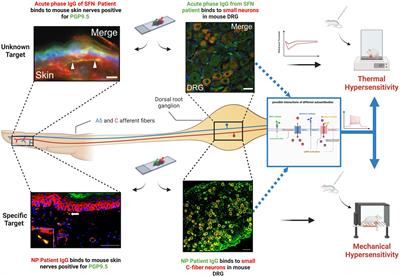
REVIEW
Published on 14 Sep 2023
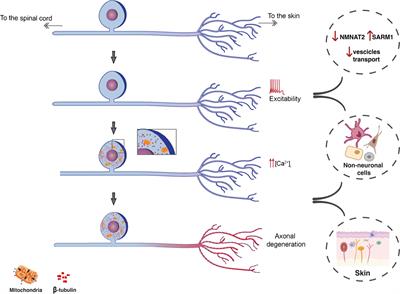
ORIGINAL RESEARCH
Published on 14 Jun 2023
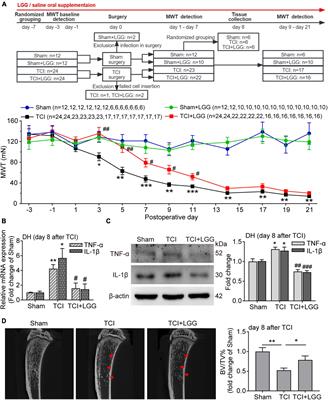
ORIGINAL RESEARCH
Published on 23 Mar 2023
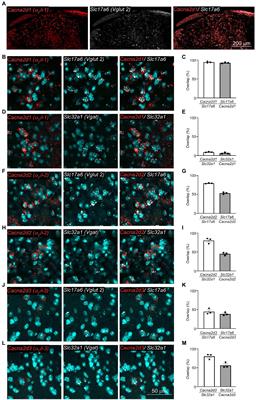
ORIGINAL RESEARCH
Published on 27 Oct 2022
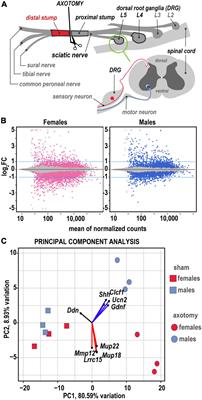
ORIGINAL RESEARCH
Published on 07 Jul 2022
